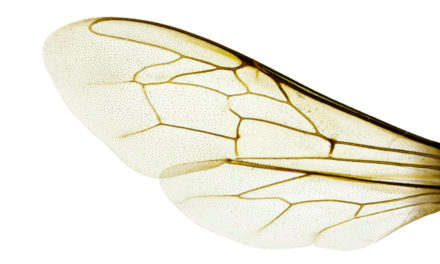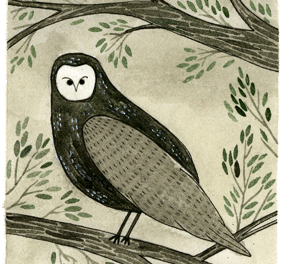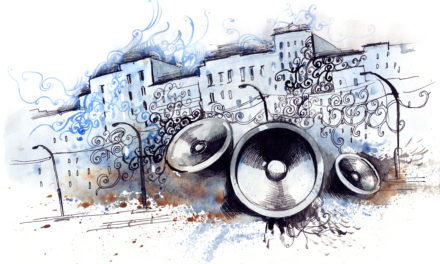Letter from the Editor
by Meera Velu
Issue 12: Sound
Welcome readers.
Speculative City, as our name suggests, celebrates the city and all its interposing elements. Life in cities stimulates our senses, from the loud stereo of the tenant above to the lingering smell of a hotdog at the subway station. In exploration of one of those dominant senses, this summer 2021 issue focuses on sound.
We entertain sound in our bodies; its vibratory waves form music and voices that echo in our ears and our minds. The fiction and poetry of this issue all engage with that physicality. The first fiction, “70 Decibels” by Nicole D. Sconiers, is set in future Philadelphia where loud sounds have been deemed a health concern. The story follows two cousins who must contend with their city changing both aurally and materially when their old neighborhood haunt—a beloved apartment building—is razed in the name of revitalization. Deemed at first a nuisance, sound reemerges as a connecting force through music.
Hannah Hulbert continues to investigate the unbearable in “Apex,” where an office worker must reconcile dual lives: one that is forced upon him—the waking world of work—and another more primal existence that calls to him from the forested outskirts of the city. Those who have experienced the monotony of cubicle life may empathize with the protagonist’s difficulty enduring day after day of relentless mouse clicks and keyboard taps, a cacophony of meaningless noise.
While often interpreted as senseless, sound can also hold deeper meaning. We see this in Chelsea Sutton’s “The Potato and the Wax.” The lonely ghost of this story would actually be more disturbed by the “boo” you let out than their own. After an unexpected encounter with the voiced living, the ghost experiences a flood of memory that gives form to their spirited existence.
The issue’s fiction ends with Christopher Yusko’s “The Drifting Bodega,” a piece that revisits music as a more personal project through the nightly wanderings of an ambitious violinist. Tuned to the whispers of a legendary bodega that grants desires, the violinist falls into mania in her pursuit of fame. As the musician crafts song both inside and outside the orchestral pit, readers will observe how our engagement with what we produce can unfold us.
Rasha Abdulhadi moves us to a space of comfort with “Honey Conductor.” In this poem, we sit with the narrator on the train ride home. The commute acts as a time of reflection, when the mechanical tinkerings of the train merge into the buzz of the mind and spirit anticipating the warmth that home will bring.
To close, I interview Danielle Dutton and Martin Riker, founders of Dorothy, a publishing project. The project highlights feminist experimental works of literature that run outside the vein of mainstream publishers. Through the discussion, the founders reveal how the many works of a publishing house come together to crescendo into a larger being.
We hope this issue inspires you to keep your ears open. And don’t stop speculating.




